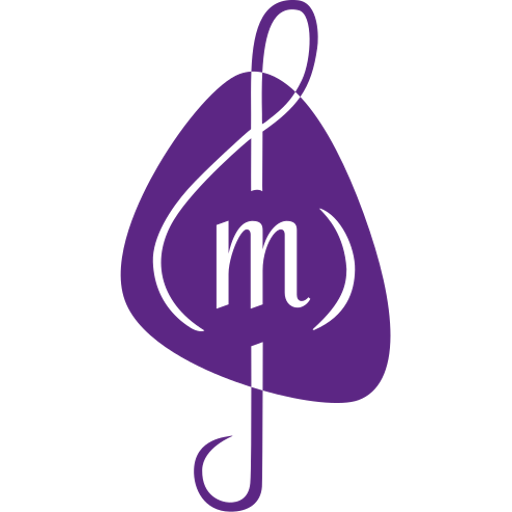Local activities
Piano group „Vienna Piano Meetup“
Group of amateur pianists in Vienna meeting regularly for informal recitals and other piano activities. All levels and genres are welcome!
Vienna Classical Music Meetup
This is an open group of amateur musicians and classical music fans in Vienna. The group members get together for various activities and have the opportunity to use this as a platform to find fellow musicians for active music making.
Salzburg Piano Meetup
Group of amateur pianists in Salzburg meeting for informal recitals in a relaxed atmosphere.
Free sheet music online
IMSLP/Petrucci Music Library
Enormous archive of classical music scores which can be legally downloaded free-of-charge as PDF versions.
Flutetunes
Website offering free sheet music (mostly classical), with a major focus on the transverse flute and ensembles.
Piano Sheet Music
Website in German language, offering also free sheet music for the piano (variety of styles).
Mutopia Project
Sheet music editions of classical music for free download, based on editions in the public domain and provided by a team of volunteers.
Pianosociety
Free collection of more than 5,600 high-quality classical keyboard recordings, produced by professionals and skilled amateurs. Includes a range of famous and lesser-known classical composers.
Free online courses about music
Many universities worldwide offer so-called MOOCs (massive open online courses) free-of-charge, mostly in English language. The courses cover a variety of subjects. Some have a schedule with start and end dates, some are self-paced. Participation is free-of-charge, a certificate is often available for a fee. Below is a selection of music-related online courses:
Introduction to classical music – Yale University
An introduction to the history of classical music. Professor Craig Wright introduces a wide variety of musical styles, from Bach and Mozart, to Gregorian chant and opera.
Introduction to Music – East Tennessee State University
Professor Mary Dave Blackman gives an overview on the development of classical music. The course covers the most important genres and eras including relevant composers and their musical works.
Exploring Beethoven’s Piano Sonatas (Parts 1-5) – Curtis Institute of Music
Jonathan Biss discusses a selection of Beethoven’s piano sonatas. The main focus is on his personal interpretations from the perspective of a pianist. It is therefore possible to follow this course without major knowledge in music theory and analysis.
The World of the String Quartet – Curtis Institute of Music
Violinist Arnold Steinhardt provides an introduction to the history and repertoire of the string quartet.
Reinventing the Piano – Princeton University
This course looks into the functioning of the piano, its sounds, tuning, acoustics etc. It also touches upon the piano’s various historical predecessors and composers like Scarlatti and Bach. Furthermore, the creative process of contemporary composers who might invent, and reinvent, instruments like the digital piano to create new work will be discussed.
Getting started with music theory – Michigan State University
Short introduction to music theory for beginners. At the end of the course, participants should know the major and minor scales, violin and bass clefs as well as the note values.
Fundamentals of Music Theory – The University of Edinburgh
Introduction to music theory which generally does not require any prior knowledge. Throughout the course, however, more complex musical analyses will be discussed, so more advanced participants may also be interested in signing up.
Approaching Music Theory: Melodic Forms and Simple Harmony
This is an intermediate-level course for musicians and composers who already have some understanding of music theory through previous study. In this course you will learn music theory not by looking at theory itself, but by listening to, looking at and writing your own musical examples.
Write like Mozart – National University of Singapore
This course is slightly more advanced and provides an introduction to strategies for style writing of European art music. Harmonic progression and voice leading are addressed in addition to relevant compositional concepts like repetition, variation, and elaboration.
From Notation to Performance: Understanding Musical Scores – The Open University
General introduction on how to understand musical scores for interested amateurs. The course provides insights into what professional musicians do with notation, ranging from short familiar melodies to full orchestral scores. The main focus will be on works by Mozart, Schubert, Beethoven and Mahler.
Music vacation for amateur musicians
Musica Viva
Offers music weekends and intensive weeks for many instruments and vocals. Courses held in German language at locations in Germany, Austria or Italy. All levels.
Musicalchairs
This English-speaking platform lists master classes for professionals, but also courses for amateurs all over Europe.
Courses for Pianists
The Crosseyed Pianist has compiled a comprehensive and up-to-date list of piano courses for amateurs at all levels.
